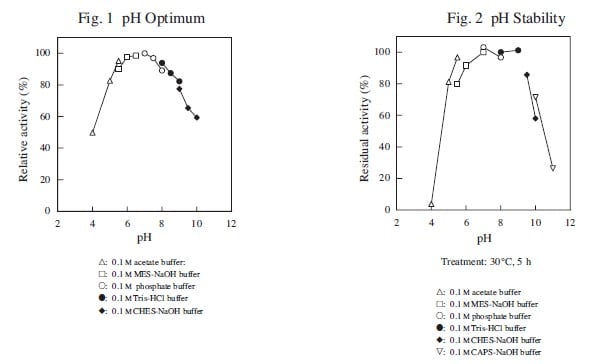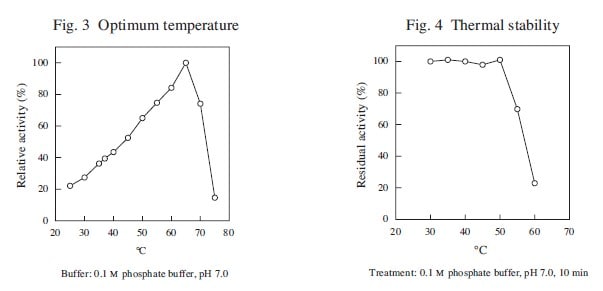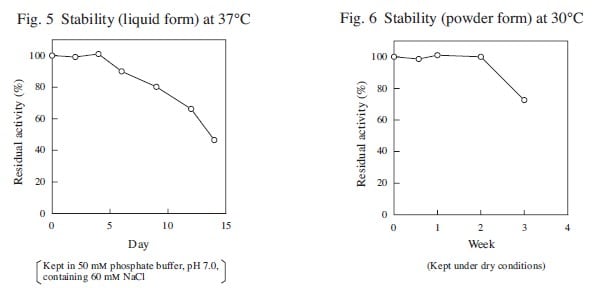
CD : 60463
The enzyme is useful for the determination of L-glutamine in clinical analysis.
| Origin | from microorganism |
|---|---|
| Systematic name | L-Glutamine amidohydrolase |
| EC Number | 3.5.1.2 |
| Reaction formula | L-Glutamine + H2O →→→ L-Glutamineate + NH3 |





